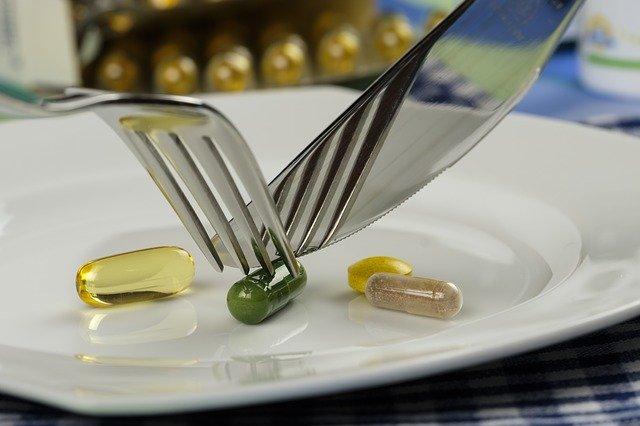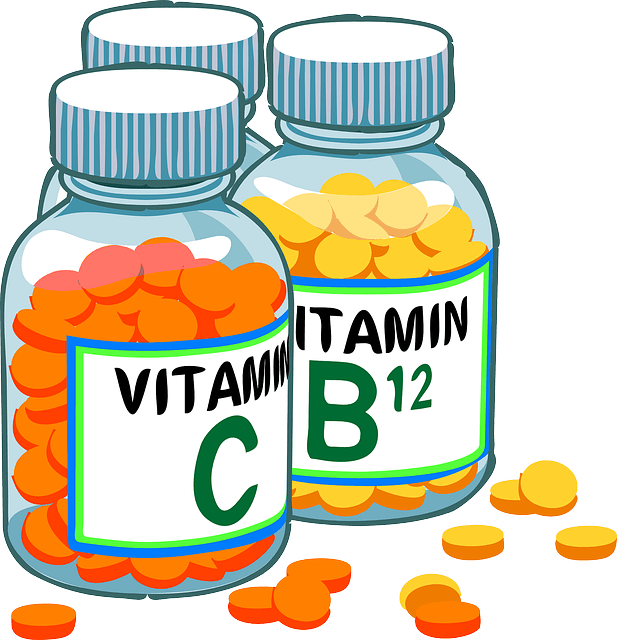
Contents
Supplements That Might Be Worth Considering :
To supplement or not to supplement? This question would have driven Hamlet mad. Scientists and medical professionals are divided on the topic of using vitamin and herbal supplements to enhance health. Conversely, the alternative health community seems mostly in favor of using good-quality supplements. And according to marketers, they’re essential.
So where do you stand on this topic? In this post, we’ll try to cut through the noise and look at supplements that might be worth considering.
Some Tips Before We Start
The efficacy of any supplement depends on a range of factors. The industry isn’t as strictly regulated, as is the case with prescription medication. Therefore, it’s essential to consider the following factors before choosing any one product.
Brand Reputation
When buying any product, you trust that the brand adequately researches the ingredients and takes great care during the manufacturing process. Moreover, a reputable brand is likely to have strict control measures in place to protect its reputation.
But don’t be taken in by great reviews; look for evidence that the brand you are buying the supplements from is well-established. Additionally, ensure that they undergo independent testing of their products.
Active Ingredients
Researching the form of the active ingredient that you’re taking is essential. Is the form of the mineral or vitamin bioavailable? Here’s an example. Flaxseed is a vegan source of Omega-3 fatty acids. However, the body is less able to convert Omega-3 fatty acids into a usable format. Therefore, fish oil provides a more bioavailable alternative.
In some cases, it’s best to combine the active ingredient with another one that increases bioavailability in the body. For example, the absorption of curcumin, the anti-inflammatory compound in turmeric, is improved by the piperine in pepper.
Interactions

Most people start with a multivitamin and add on additional supplements as they see fit. Before you begin taking a range of supplements, you must evaluate their interaction with other medications. Garlic, for example, is contraindicated in people who take warfarin because of its blood-thinning effects.
Another interaction is between the vitamins themselves. Taking vitamin E and vitamin K together might reduce the body’s uptake of vitamin K.
It’s also worth noting that taking too many supplements at once may result in having toxic levels of one particular vitamin. With water-soluble vitamins, this is less problematic. However, with a fat-soluble vitamin, like vitamin E, it becomes tricky.
Namely, it’s common for hair or skin supplement to have high levels of vitamin E, but if you combine it with standard multivitamins, you might be getting too much of the vitamin.
The Format of the Supplement
The format of the supplement can also affect its efficacy. Magnesium, for example, is better absorbed through the skin than taken orally. CBD oil is another example of a supplement you must be careful with.
Vaping CBD oil provides the fastest results but impacts the respiratory system. Ingesting CBD capsules is effective, but not as effective as taking drops sublingually. Sublingually, the compounds don’t have to work their way through the digestive tract first.
What Supplements Are Worth Taking?

That’s a tough question, because of the above points. According to the AARP, 46% of those using supplements question their efficacy. To muddy the waters further, some herbal supplements can take two to three months to show real results.
With vitamin and mineral supplements, medical professionals tend to advise supplementation only when there’s a proven deficiency. Most, however, agree that a good multivitamin supplement can be beneficial.
That said, here are some supplements that might be worth considering.
Multivitamin and Mineral Supplements
If you don’t eat a varied and healthy diet, a multivitamin and mineral supplement is a good place to start.
Magnesium
Magnesium is a mineral used by the body in many different processes. If you don’t eat a diet rich in fresh fruit and vegetables, it’s easy to develop a deficiency. On the bright side, you don’t need to take magnesium orally. The oil is absorbed well through the skin.
Omega-3 Fatty Acids

Most people following the typical Western diet eat foods rich in trans-fats. Ideally, you should cut these foods out completely. In a pinch, you can offset some of the negative effects by taking in Omega-3 fatty acids.
You’ll get plenty of these if you eat oily fish like salmon two or three times a week. The body will store fatty acids. But if you don’t eat fish, it would be wise to think about supplementation.
What About Herbal Supplements?
We consider herbal supplements to be safe because they’re natural. However, they’re not as harmless as you may think. Even though they’re natural, they contain active compounds that might have unintended side effects.
The curcumin in turmeric, for example, stimulates the gallbladder. This can be dangerous if you have gallstones, as the increased activity might dislodge the stones. This can be dangerous if the stones block the bile duct. To be on the safe side, it’s best to take this kind of supplement for a month and then take a break for a month.
Read Also
- Honey and garlic: benefits and how to take them
- Are Supplements the Cure for Coronavirus?
- The ABCs of Bs, Cs, and Es: Vitamins Explained
Conclusion
Relying purely on supplementation is not a healthy choice. Adopt a healthy lifestyle first, and then add only the necessary supplements. A good multivitamin ensures that you cover all your bases as far as general nutrients are concerned. Beyond that, you should be guided only by deficiencies. Published By Healthzigzag.com




